- Nositelj kolegija: Gordana Blagojević Zagorac
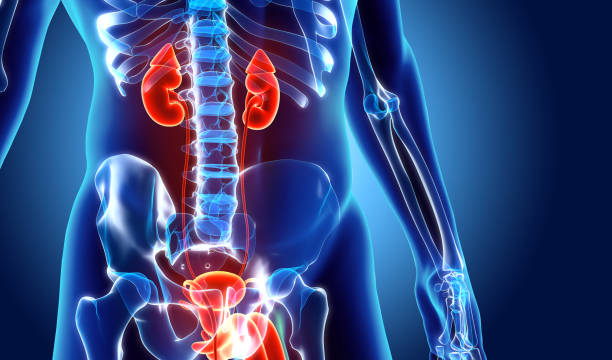
- Nositelj kolegija: Josip Španjol
- Izvođač kolegija: Antun Gršković
- Izvođač kolegija: Dean Markić
- Izvođač kolegija: Romano Oguić
- Nositelj kolegija: Jasenka Mršić-Pelčić
- Izvođač kolegija: Anja Harej Hrkać
- Izvođač kolegija: Kristina Pilipović
- Nositelj kolegija: Nataša Katalinić
- Nositelj kolegija: Tomislav Rukavina
- Izvođač kolegija: Lovorka Bilajac
- Izvođač kolegija: Nataša Janev Holcer
- Izvođač kolegija: Denis Juraga
- Izvođač kolegija: Mihaela Marinović Glavić
- Izvođač kolegija: Darko Roviš
- Izvođač kolegija: Vanja Vasiljev
Simulation of Clinical Skills is a mandatory course on the sixth year of the Integrated Undergraduate and Graduate University Study of Medicine in English. Comprising 8 hours of lectures and 125 hours of practicals, the course totals 133 hours, accounting for 6 ECTS.
The course is facilitated by an experienced team of medical educators and physicians from different departments, including Anaesthesiology, Resuscitation, Emergency, and Intensive Care Medicine, Internal Medicine, Gynaecology and Obstetrics, and Paediatrics. These educators are based at the Faculty of Medicine, University of Rijeka, and Clinical Hospital Centre Rijeka.
The primary objective of this course is to equip sixth-year medical students with the skills necessary to effectively respond to a variety of emergency medical conditions using simulation techniques. The course endeavours to enhance students’ decision-making skills, hone their clinical judgement, and develop their communication and teamwork abilities. This is achieved through a combination of concise theoretical overviews of specific medical skills and/or emergency medical conditions, and the practical application of this knowledge in simulations of real-world scenarios.
- Nositelj kolegija: Janja Tarčuković
- Izvođač kolegija: recenzent dva
- Izvođač kolegija: recenzent jedan
- Izvođač kolegija: Martina Pavletić
- Izvođač kolegija: Alen Protić
- Izvođač kolegija: Erika Šuper-Petrinjac
- Izvođač kolegija: recenzent tri
- Nositelj kolegija: Ksenija Baždarić
- Nositelj kolegija: Sven Maričić
- Nositelj kolegija: Tatjana Bogović Crnčić
- Nositelj kolegija: Tomislav Rukavina
- Izvođač kolegija: Lovorka Bilajac
- Izvođač kolegija: Nataša Janev Holcer
- Izvođač kolegija: Denis Juraga
- Izvođač kolegija: Mihaela Marinović Glavić
- Izvođač kolegija: Darko Roviš
- Izvođač kolegija: Vanja Vasiljev
- Nositelj kolegija: Ana Kaštelan
- Izvođač kolegija: Sandra Blažević Zelić
- Izvođač kolegija: Sandra Blažević Zelić
- Izvođač kolegija: Sanja Brozan
- Izvođač kolegija: Jasna Grković
- Izvođač kolegija: Mersad Muminović
- Izvođač kolegija: Aristea Pavešić Radonja
- Izvođač kolegija: Jelena Rebić
- Izvođač kolegija: Ilijana Stanivuk
- Izvođač kolegija: Aleksandra Stevanović
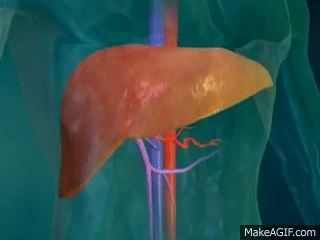
- Nositelj kolegija: Zlatko Trobonjača
- Izvođač kolegija: Vesna Barac-Latas
- Izvođač kolegija: Gordana Blagojević Zagorac
- Izvođač kolegija: Božena Ćurko-Cofek
- Izvođač kolegija: Kristina Grabušić
- Izvođač kolegija: Tamara Gulić
- Izvođač kolegija: Hrvoje Jakovac
- Izvođač kolegija: Gordana Laškarin
- Izvođač kolegija: Silvija Lukanović Jurić
- Izvođač kolegija: Hana Mahmutefendić Lučin
- Izvođač kolegija: Maja Medaković
- Izvođač kolegija: Ines Mrakovčić-Šutić
- Izvođač kolegija: Alen Omerović
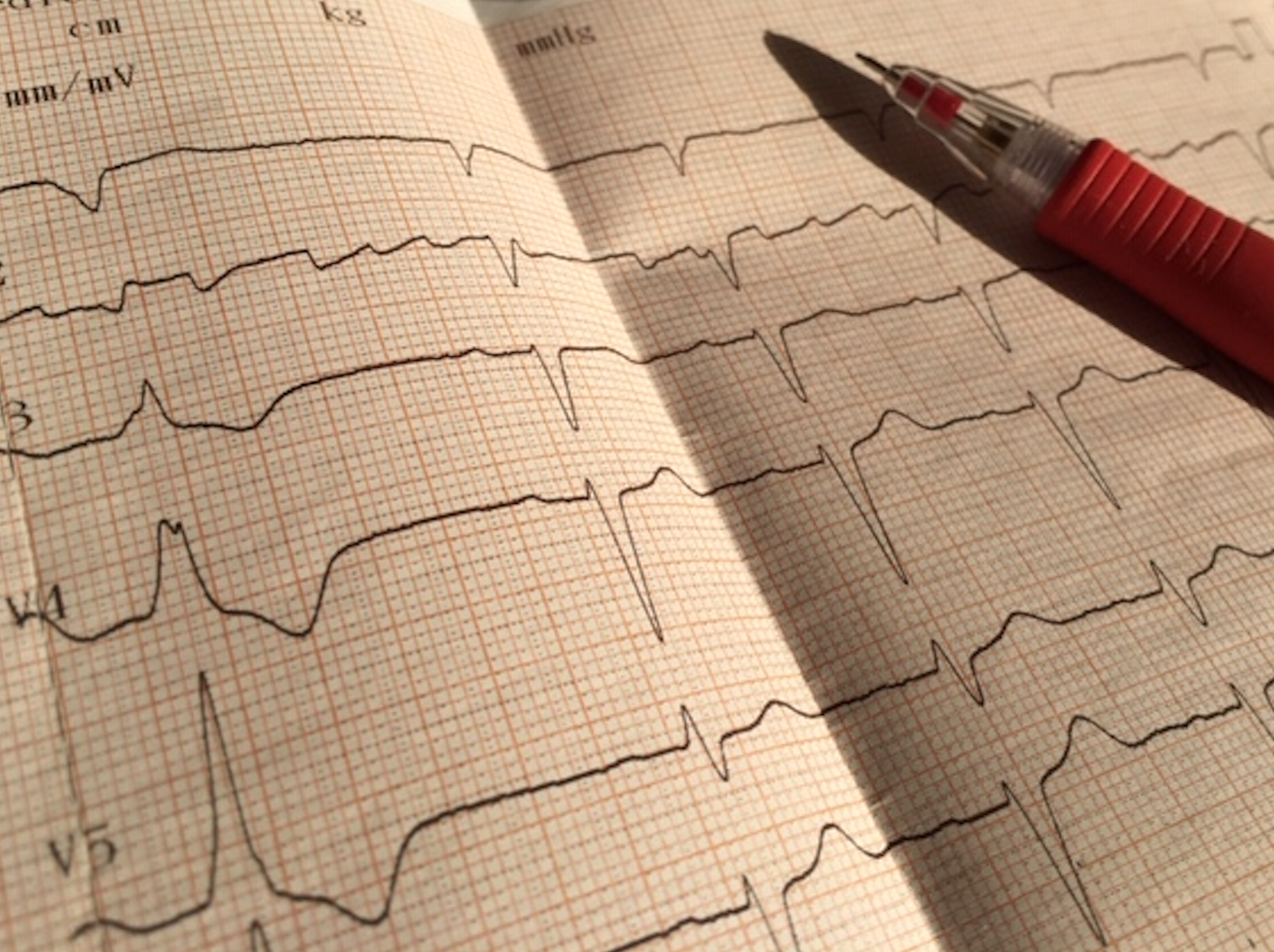
- Nositelj kolegija: Jagoda Ravlić Gulan
- Nositelj kolegija: Ines Mrakovčić-Šutić
- Izvođač kolegija: Božena Ćurko-Cofek
- Izvođač kolegija: Tamara Gulić
- Izvođač kolegija: Natalia Kučić
- Izvođač kolegija: Pero Lučin
- Izvođač kolegija: Hana Mahmutefendić Lučin
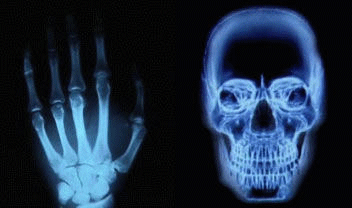
- Nositelj kolegija: Slaven Jurković
- Izvođač kolegija: Marijana Majetić
- Izvođač kolegija: Marija Musulin
- Izvođač kolegija: Gordana Žauhar
- Nositelj kolegija: Lovorka Bilajac
- Izvođač kolegija: Denis Juraga
- Izvođač kolegija: Mihaela Marinović Glavić

- Nositelj kolegija: Kristina Pilipović
- Izvođač kolegija: Petra Dolenec
- Izvođač kolegija: Nika Gržeta Krpan
- Izvođač kolegija: Anja Harej Hrkać
- Izvođač kolegija: Tamara Janković
- Izvođač kolegija: Lea Juretić
- Izvođač kolegija: Anamaria Karneluti
- Izvođač kolegija: Sandra Knežević
- Izvođač kolegija: Iva Kristić
- Izvođač kolegija: Jasenka Mršić-Pelčić
- Izvođač kolegija: Jelena Rajič Bumber
- Izvođač kolegija: Dinko Vitezić
- Izvođač kolegija: Vera Vlahović-Palčevski
- Izvođač kolegija: Ena Vrček
- Nositelj kolegija: Emina Babarović
- Izvođač kolegija: Manuela Avirović
- Izvođač kolegija: Gordana Đorđević
- Izvođač kolegija: Senija Eminović
- Izvođač kolegija: Dora Fučkar Čupić
- Izvođač kolegija: Ita Hadžisejdić
- Izvođač kolegija: Ksenija Jurinović
- Izvođač kolegija: Sandra Ključarić
- Izvođač kolegija: Dražen Kovač
- Izvođač kolegija: Koviljka Matušan Ilijaš
- Izvođač kolegija: Elvira Mustać
- Izvođač kolegija: Cristophe Štemberger
- Izvođač kolegija: Sanja Štifter
- Nositelj kolegija: Kristina Lah Tomulić
- Izvođač kolegija: Srđan Banac
- Izvođač kolegija: Kristina Baraba Dekanić
- Izvođač kolegija: Iva Bilić Čače
- Izvođač kolegija: Nika Brajenić
- Izvođač kolegija: Ivona Butorac Ahel
- Izvođač kolegija: Sanja Flajšman-Raspor
- Izvođač kolegija: Tatjana Mužik
- Izvođač kolegija: Goran Palčevski
- Izvođač kolegija: Igor Prpić
- Izvođač kolegija: Jelena Radić Nišević
- Izvođač kolegija: Lucija Ružman
- Izvođač kolegija: Srećko Severinski
- Izvođač kolegija: Senada Šerifi
- Izvođač kolegija: Inge Vlašić Cicvarić
- Izvođač kolegija: Iva Vrsaljko
- Izvođač kolegija: Maja Zaninović
- Nositelj kolegija: Robert Domitrović
- Izvođač kolegija: Iva Suman
- Nositelj kolegija: Lara Batičić
- Nositelj kolegija: Tatjana Bogović Crnčić
- Izvođač kolegija: Neva Girotto
- Nositelj kolegija: Vesna Barac-Latas
- Izvođač kolegija: Božena Ćurko-Cofek
- Izvođač kolegija: Tanja Grubić Kezele
- Izvođač kolegija: Hrvoje Jakovac
- Izvođač kolegija: Natalia Kučić
- Nositelj kolegija: Iva Rinčić
- Izvođač kolegija: Gordana Šimunković
- Izvođač kolegija: Ivana Tutić Grokša
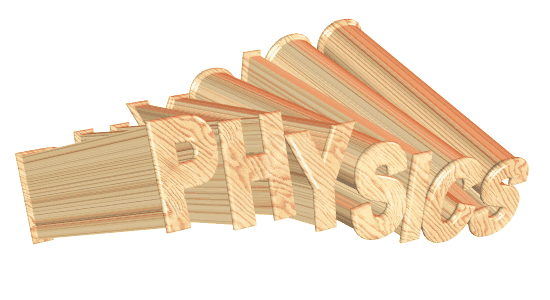
- Nositelj kolegija: Gordana Žauhar
- Izvođač kolegija: Marija Čargonja
- Izvođač kolegija: Slaven Jurković
- Izvođač kolegija: Marijana Majetić
- Izvođač kolegija: Marija Musulin
- Izvođač kolegija: Ivan Pribanić
- Izvođač kolegija: Marta Žuvić

- Nositelj kolegija: Maja Abram
- Izvođač kolegija: Sandra Abramović
- Izvođač kolegija: Gabrijela Begić
- Izvođač kolegija: Ivana Gobin
- Izvođač kolegija: Mirna Mihelčić
- Izvođač kolegija: Bojana Mohar Vitezić
- Izvođač kolegija: Danica Rebić
- Izvođač kolegija: Marina Šantić
- Izvođač kolegija: Ivana Škrobonja
- Izvođač kolegija: Gabriel Tomas
- Izvođač kolegija: Ina Viduka
- Izvođač kolegija: Darinka Vučković

- Nositelj kolegija: Lidija Bilić-Zulle
- Izvođač kolegija: Ksenija Baždarić
- Izvođač kolegija: Maja Gligora Marković
- Izvođač kolegija: Vedrana Marinac Topić
- Izvođač kolegija: Vesna Šupak Smolčić
- Izvođač kolegija: Matea Turalija
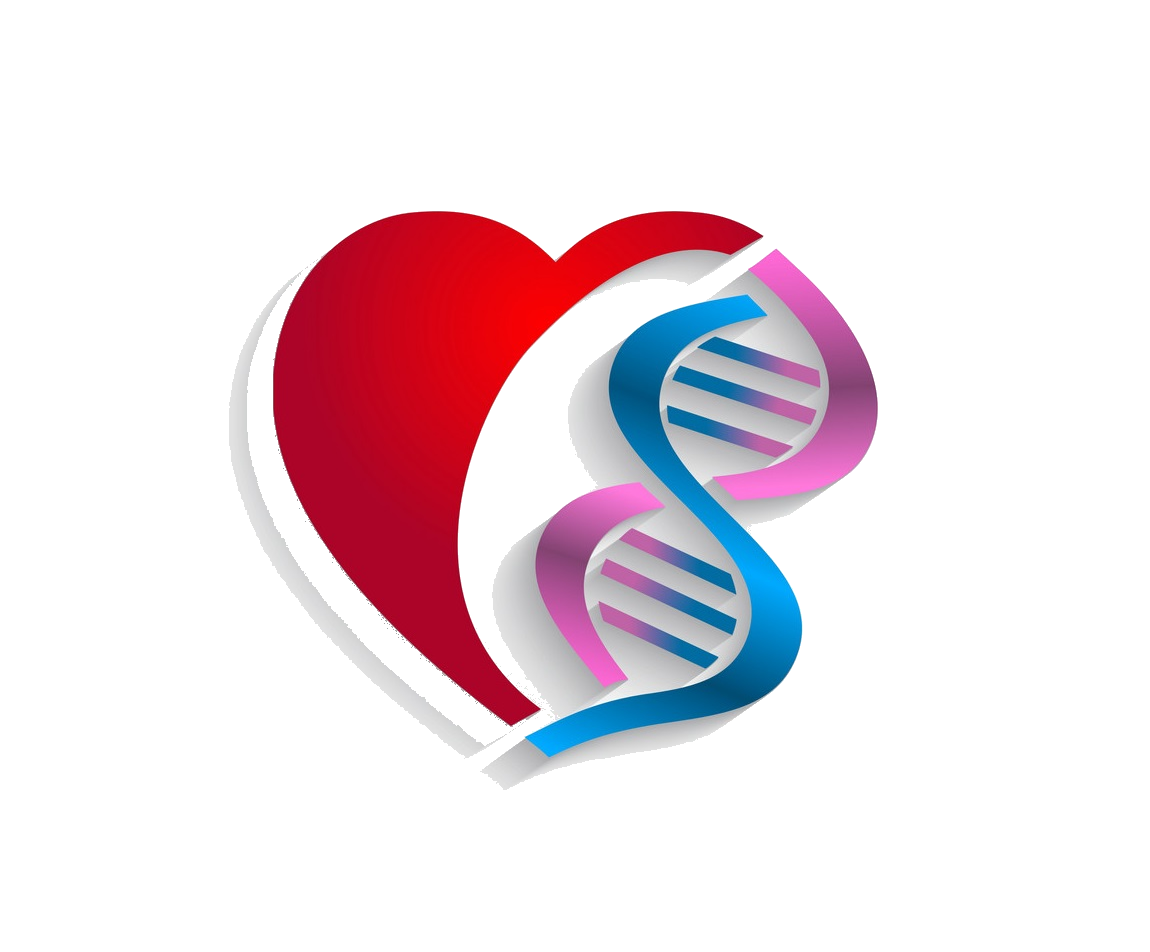
- Nositelj kolegija: Nina Pereza
- Izvođač kolegija: Sanja Dević Pavlić
- Izvođač kolegija: Tea Mladenić
- Izvođač kolegija: Saša Ostojić
- Izvođač kolegija: Lara Saftić Martinović
- Izvođač kolegija: Nada Starčević Čizmarević
- Izvođač kolegija: Jadranka Vraneković
- Nositelj kolegija: Gordana Pelčić
- Izvođač kolegija: Toni Buterin
- Izvođač kolegija: Robert Doričić
- Izvođač kolegija: Igor Eterović
- Nositelj kolegija: Matea Butković
- Nositelj kolegija: Matea Butković
- Nositelj kolegija: Matea Butković
- Nositelj kolegija: Matea Butković
- Izvođač kolegija: Arijana Krišković
- Izvođač kolegija: Tajana Tomak
- Nositelj kolegija: Matea Butković
- Nositelj kolegija: Matea Butković
- Nositelj kolegija: Gordana Čanadi Jurešić
- Izvođač kolegija: Lara Batičić
- Izvođač kolegija: Damir Klepac
- Izvođač kolegija: Mirna Petković Didović
- Izvođač kolegija: Marin Tota
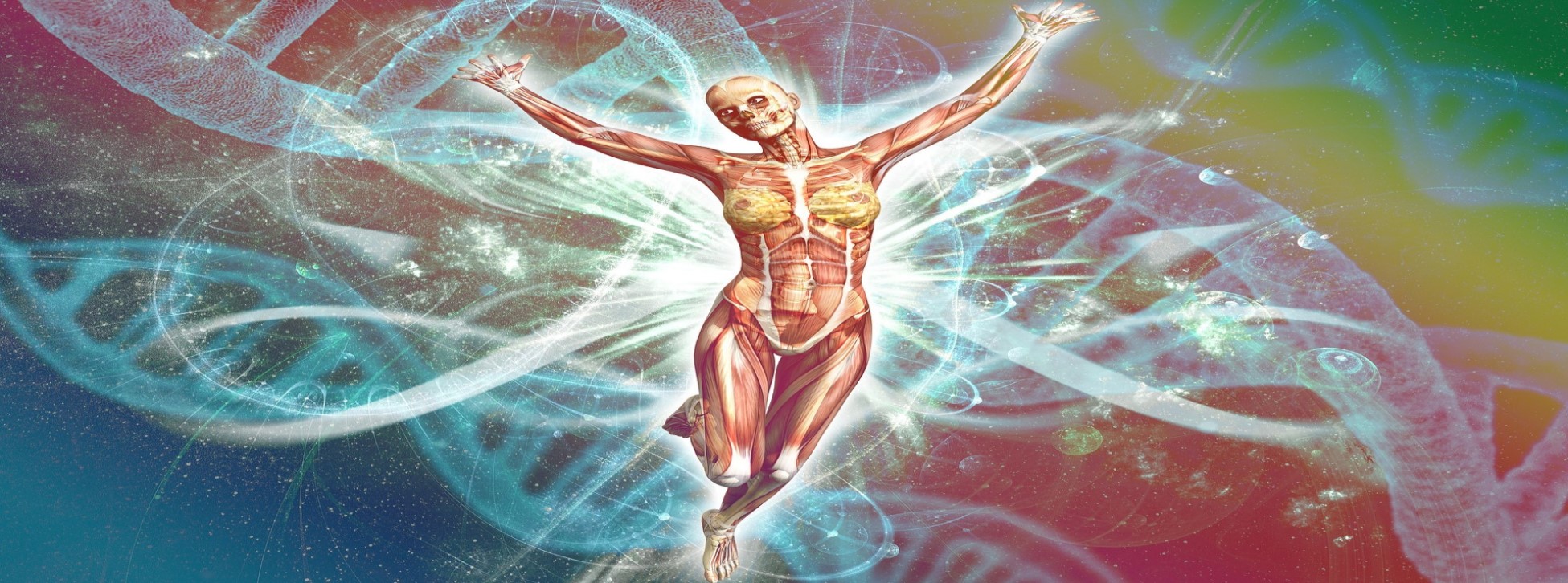
- Nositelj kolegija: Sanja Dević Pavlić
- Izvođač kolegija: Alena Buretić-Tomljanović
- Izvođač kolegija: Tea Mladenić
- Izvođač kolegija: Saša Ostojić
- Izvođač kolegija: Nina Pereza
- Izvođač kolegija: Lara Saftić Martinović
- Izvođač kolegija: Nada Starčević Čizmarević
- Izvođač kolegija: Andrea Šižgorić
- Izvođač kolegija: Jadranka Vraneković
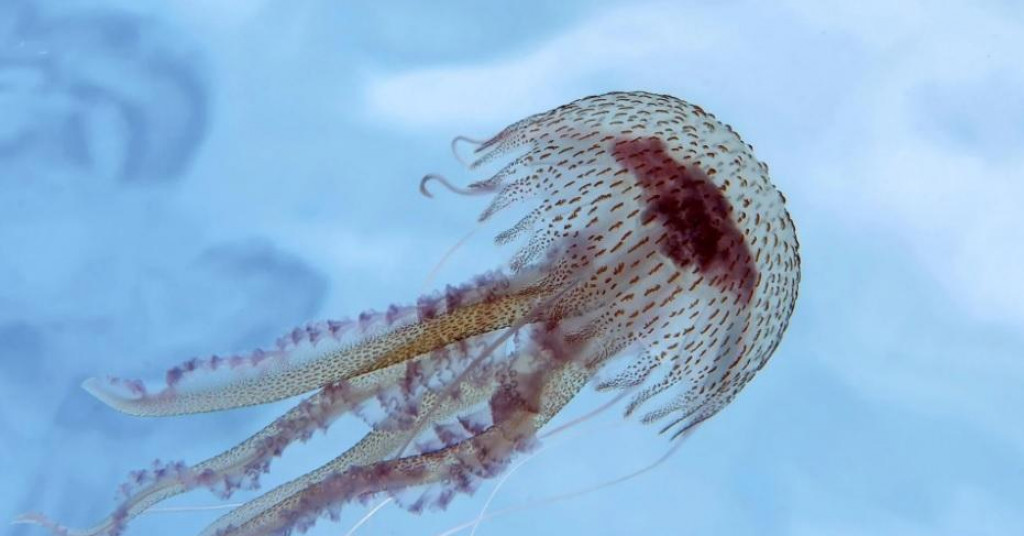
- Nositelj kolegija: Nada Starčević Čizmarević
- Nositelj kolegija: Vanja Pupovac
- Izvođač kolegija: Ana Depope
- Izvođač kolegija: Helena Štrucelj
- Izvođač kolegija: Helena Štrucelj
- Nositelj kolegija: Amir Muzur
- Izvođač kolegija: Toni Buterin
- Izvođač kolegija: Robert Doričić
- Izvođač kolegija: Igor Eterović
- Nositelj kolegija: Sven Maričić
- Nositelj kolegija: Sanja Klobučar
- Izvođač kolegija: Igor Barković
- Izvođač kolegija: Ivan Bubić
- Izvođač kolegija: Ljiljana Bulat-Kardum
- Izvođač kolegija: Zlatko Čubranić
- Izvođač kolegija: Renata Dobrila-Dintinjana
- Izvođač kolegija: Neven Franjić
- Izvođač kolegija: Goran Hauser
- Izvođač kolegija: Tomislav Jakljević
- Izvođač kolegija: Dubravka Jurišić-Eržen
- Izvođač kolegija: Vanja Licul
- Izvođač kolegija: Brankica Mijandrušić-Sinčić
- Izvođač kolegija: Sandra Milić
- Izvođač kolegija: Srđan Novak
- Izvođač kolegija: Lidija Orlić
- Izvođač kolegija: Dragana Pauletić
- Izvođač kolegija: Duška Petranović
- Izvođač kolegija: Goran Poropat
- Izvođač kolegija: Sanjin Rački
- Izvođač kolegija: Alen Ružić
- Izvođač kolegija: Davor Štimac
- Izvođač kolegija: Tamara Turk Wensveen
- Izvođač kolegija: Toni Valković
- Izvođač kolegija: Teodora Zaninović-Jurjević
- Izvođač kolegija: Luka Zaputović
- Izvođač kolegija: Stela Živčić-Ćosić
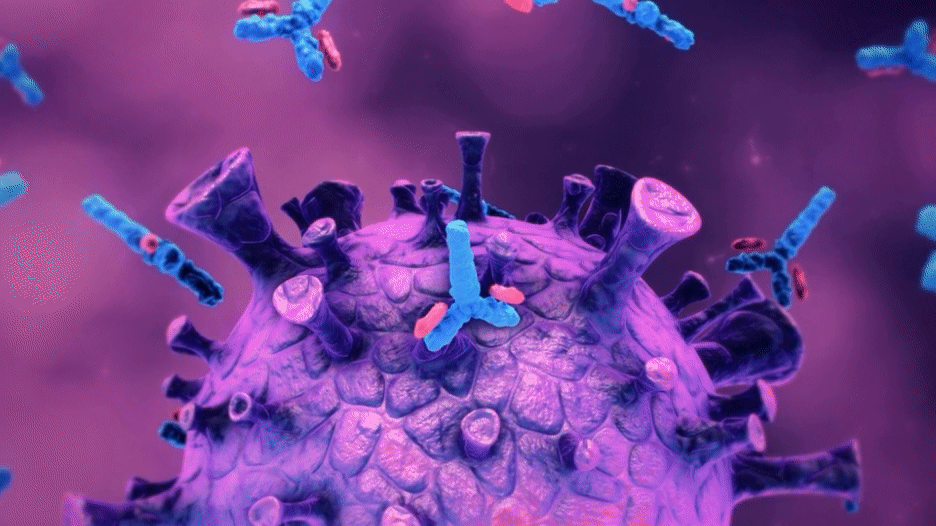
The main aim of this course is to introduce students to the normal and pathological function of the immune system. The focus is on the explanation of physiological processes that enable the normal functioning of certain subtypes of immune cells in a nonspecific and specific immune response, as well as on the explanation of pathophysiological mechanisms leading to disorders of normal immune processes, as well as on the possibilities for therapeutic action to the immune response. Teaching tasks imply enabling the student to connect basic knowledge of immunology and pathophysiology of the immune system with the teaching of physiology and pathophysiology, microbiology and parasitology, pathology, infectious disease, oncology, and epidemiology (vaccination), therefore qualifying the student to apply immunological cognition in clinical medicine.
Course content:
Overview of Immunity. Antigens. Tissue Cells and Organs of the Immune System. Major Histocompatibility Complex Molecules. Immune Recognition. Cellular Immunity. Non-specific Immunity. Complement. Structure of Antibody and Antigen Receptor of Lymphocyte B. Gene Background of Synthesis and Antibody Differences. Humoral Immunity. Immune Response Regulation. Interaction of Immune Cells. Action on Immune Response. Cytokines and Chemokines. Immune Response to Tumor. Immunodeficiency and AIDS. Immunotolerance and Autoimmunity. Immunity to Infections. Tissue and Organ Transplantation. Immunological Hypersensitivity. Mucosal Immunity. Vaccination. Laboratory Methods in Clinical Immunology.
Class organization:
Class attendance is mandatory. The course consists of 24 hours of lectures, 18 hours of seminars, and 8 hours of practicals, which totals 50 class hours. Students must wear lab coats during practicals and have exercise protocols where they will write measured and obtained values. The student actively discusses immune mechanisms throughout seminars and practicals with the lecturer. The student is obligated to prepare the material that is being discussed in seminars and practicals. The teacher evaluates student participation throughout seminars and practicals (demonstrated knowledge, understanding, the ability to set up a problem, conclude, etc.). There will be two midterm exams during the course and a written and oral part of the final exam at the end of classes. After completing all class activities and the final exam, the student acquires 4 ECTS credits.
Obligatory literature for learning:
1. Abbas A.K, Lichtman A.H., Pillai S. Cellular and Molecular Immunology. International Edition. Tenth edition. Elsevier, 2021. or Abbas A.K, Lichtman A.H., Pillai S. Cellular and Molecular Immunology. International Edition. Eighth edition. Elsevier, 2015.
2. Handbook for Practicals in Immunology, Editor: H. Mahmutefendić. The University of Rijeka, Faculty of Medicine, 2014. (e-edition), 2015 (printed edition).
Supporting literature:
1. Abbas A.K, Lichtman A.H., Pillai S. Basic Immunology. Functions and Disorders of the Immune System. Fifth edition. Elsevier, 2016.
2. Murphy K, Weaver C: Janeway's Immunobiology 9th edition, Garland Science, New York and London, 2017.
- Nositelj kolegija: Pero Lučin
- Izvođač kolegija: Tamara Gulić
- Izvođač kolegija: Hana Mahmutefendić Lučin
- Izvođač kolegija: Ines Mrakovčić-Šutić
- Izvođač kolegija: Barbara Radić
- Izvođač kolegija: Zlatko Trobonjača
- Izvođač kolegija: Ivona Viduka
- Nositelj kolegija: Goran Arbanas
- Nositelj kolegija: Felix Wensveen
- Izvođač kolegija: Marina Babić Čač
- Izvođač kolegija: Ilija Brizić
- Izvođač kolegija: Vedrana Jelenčić
- Izvođač kolegija: Stipan Jonjić
- Izvođač kolegija: Vanda Juranić Lisnić
- Izvođač kolegija: Astrid Krmpotić
- Izvođač kolegija: Maja Lenartić
- Izvođač kolegija: Bojan Polić
- Izvođač kolegija: Marko Šestan
- Izvođač kolegija: Jelena Tomac
- Nositelj kolegija: Maja Lenartić
- Nositelj kolegija: Dijana Tomić Linšak
- Izvođač kolegija: Aleksandar Bulog
- Izvođač kolegija: Igor Dubrović
- Izvođač kolegija: Gordana Kenđel Jovanović
- Izvođač kolegija: Dražen Lušić
- Izvođač kolegija: Iva Sorta-Bilajac Turina
- Izvođač kolegija: Luka Traven
- Nositelj kolegija: Lara Batičić
- Izvođač kolegija: Paola Car
- Izvođač kolegija: Ivana Marić
- Izvođač kolegija: Vlatka Sotošek
- Nositelj kolegija: Alen Protić
- Izvođač kolegija: Petra Volf Žiković
- Nositelj kolegija: Ines Diminić-Lisica
- Izvođač kolegija: Nina Bašić-Marković
- Izvođač kolegija: Tatjana Čulina
- Izvođač kolegija: Aleksandar Ljubotina
- Izvođač kolegija: Jasna Mahmić-Vučak
- Izvođač kolegija: Vladimir Mozetič
- Izvođač kolegija: Branislava Popović
- Izvođač kolegija: Nives Radošević Quadranti
- Izvođač kolegija: Tamara Sinožić
- Nositelj kolegija: Goran Poropat
- Izvođač kolegija: Dragana Pauletić
- Nositelj kolegija: Saša Horvat
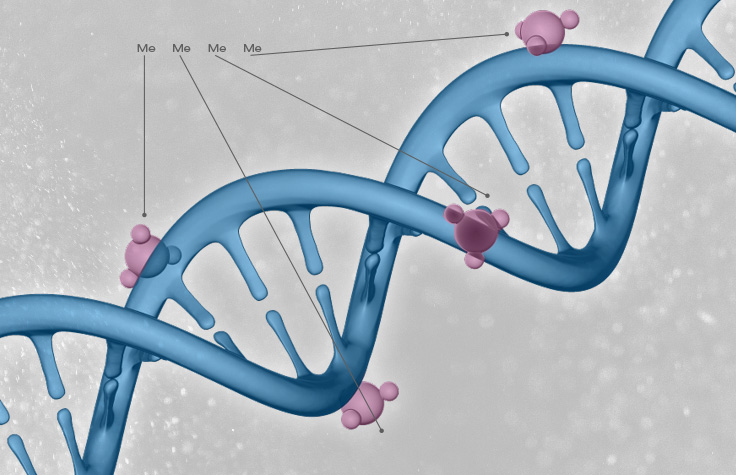
- Nositelj kolegija: Sanja Dević Pavlić
- Nositelj kolegija: Branko Kolarić
- Izvođač kolegija: Tomislav Rukavina
- Izvođač kolegija: Tanja Staraj Bajčić
- Izvođač kolegija: Gordana Šimunković
- Izvođač kolegija: Dinko Štajduhar
- Izvođač kolegija: Vanja Tešić
- Izvođač kolegija: Morana Tomljenović
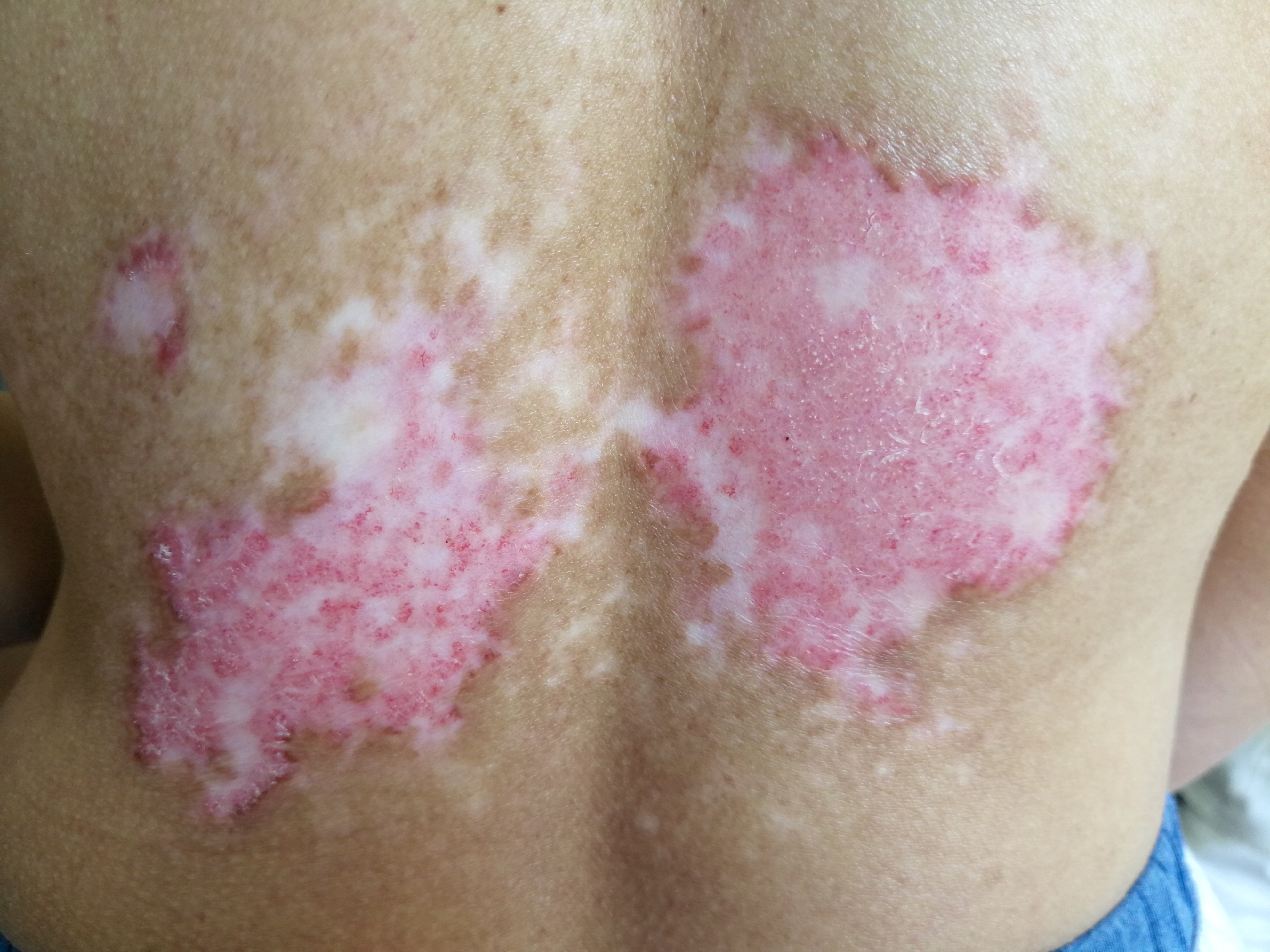
- Nositelj kolegija: Sandra Peternel
- Nositelj kolegija: Goran Arbanas
- Nositelj kolegija: Gordana Pelčić
- Nositelj kolegija: Branislava Popović
- Nositelj kolegija: Alen Ružić
- Izvođač kolegija: Igor Barković
- Izvođač kolegija: Sandro Brusich
- Izvođač kolegija: Ivan Bubić
- Izvođač kolegija: Ljiljana Bulat-Kardum
- Izvođač kolegija: Aleksandar Čubranić
- Izvođač kolegija: Zlatko Čubranić
- Izvođač kolegija: Neven Franjić
- Izvođač kolegija: Goran Hauser
- Izvođač kolegija: Tomislav Jakljević
- Izvođač kolegija: Dubravka Jurišić-Eržen
- Izvođač kolegija: Sanja Klobučar
- Izvođač kolegija: Vanja Licul
- Izvođač kolegija: Brankica Mijandrušić-Sinčić
- Izvođač kolegija: Ivana Mikolašević
- Izvođač kolegija: Sandra Milić
- Izvođač kolegija: Srđan Novak
- Izvođač kolegija: Dragana Pauletić
- Izvođač kolegija: Duška Petranović
- Izvođač kolegija: Goran Poropat
- Izvođač kolegija: Sanjin Rački
- Izvođač kolegija: Davor Štimac
- Izvođač kolegija: Vjekoslav Tomulić
- Izvođač kolegija: Tamara Turk Wensveen
- Izvođač kolegija: Toni Valković
- Izvođač kolegija: Teodora Zaninović-Jurjević
- Izvođač kolegija: Luka Zaputović
- Izvođač kolegija: Stela Živčić-Ćosić

- Nositelj kolegija: Dinko Vitezić
- Izvođač kolegija: Andrej Belančić
- Izvođač kolegija: Sandra Knežević
- Nositelj kolegija: Srđan Novak
- Izvođač kolegija: Igor Barković
- Izvođač kolegija: Sandro Brusich
- Izvođač kolegija: Ivan Bubić
- Izvođač kolegija: Ljiljana Bulat-Kardum
- Izvođač kolegija: Aleksandar Čubranić
- Izvođač kolegija: Zlatko Čubranić
- Izvođač kolegija: Renata Dobrila-Dintinjana
- Izvođač kolegija: Goran Hauser
- Izvođač kolegija: Tomislav Jakljević
- Izvođač kolegija: Dubravka Jurišić-Eržen
- Izvođač kolegija: Sanja Klobučar
- Izvođač kolegija: Vanja Licul
- Izvođač kolegija: Brankica Mijandrušić-Sinčić
- Izvođač kolegija: Ivana Mikolašević
- Izvođač kolegija: Sandra Milić
- Izvođač kolegija: Lidija Orlić
- Izvođač kolegija: Dragana Pauletić
- Izvođač kolegija: Duška Petranović
- Izvođač kolegija: Goran Poropat
- Izvođač kolegija: Sanjin Rački
- Izvođač kolegija: Alen Ružić
- Izvođač kolegija: Davor Štimac
- Izvođač kolegija: Vjekoslav Tomulić
- Izvođač kolegija: Tamara Turk Wensveen
- Izvođač kolegija: Toni Valković
- Izvođač kolegija: Teodora Zaninović-Jurjević
- Izvođač kolegija: Luka Zaputović
- Izvođač kolegija: Stela Živčić-Ćosić
- Nositelj kolegija: Saša Horvat
- Nositelj kolegija: Saša Horvat
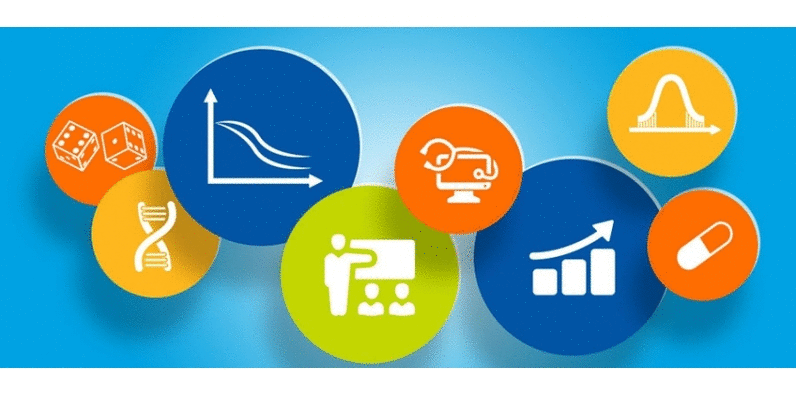
- Nositelj kolegija: Gordana Žauhar
- Izvođač kolegija: Marijana Majetić
- Izvođač kolegija: Doris Šegota Ritoša
- Izvođač kolegija: Marta Žuvić
- Nositelj kolegija: Dijana Detel
- Izvođač kolegija: Lara Batičić
- Izvođač kolegija: Sunčica Buljević
- Izvođač kolegija: Robert Domitrović
- Izvođač kolegija: Jelena Marinić
- Izvođač kolegija: Iva Suman
- Nositelj kolegija: Sven Maričić
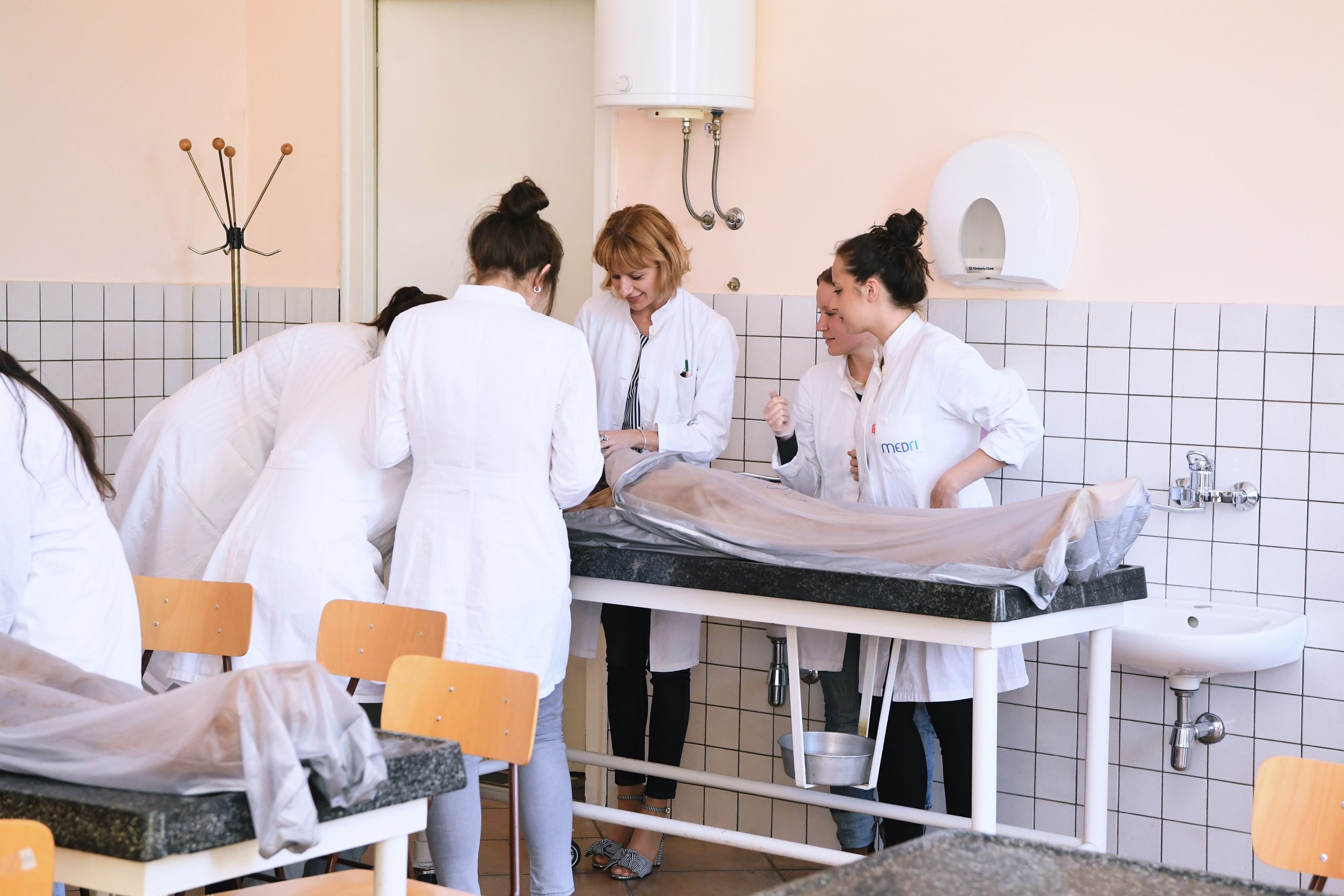
- Nositelj kolegija: Tanja Ćelić
- Izvođač kolegija: Juraj Arbanas
- Izvođač kolegija: Olga Cvijanović Peloza
- Izvođač kolegija: Bojana Čulev
- Izvođač kolegija: Luka Delak
- Izvođač kolegija: Ivana Marić
- Izvođač kolegija: Mia Medić
- Izvođač kolegija: Tamara Šoić-Vranić
- Izvođač kolegija: Diana Veljanovska
- Izvođač kolegija: Diana Veljanovska
- Izvođač kolegija: Sanja Zoričić Cvek
- Nositelj kolegija: Juraj Arbanas
- Nositelj kolegija: Vlatka Sotošek
- Izvođač kolegija: Danijel Knežević
- Izvođač kolegija: Petra Volf Žiković
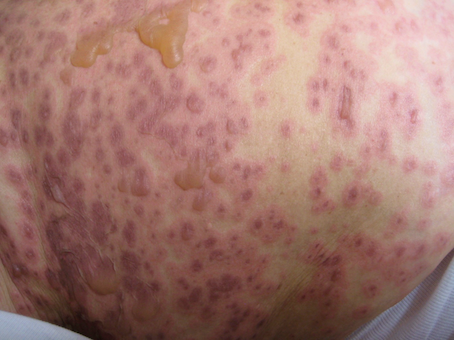
- Nositelj kolegija: Sandra Peternel
- Nositelj kolegija: Sven Maričić
- Nositelj kolegija: Vanja Pupovac
- Izvođač kolegija: Nena Vukelić
Elective course for students that wont to know something more about diagnostic and therapeutical approach for breast cancer patients. Students can also assist the operations of breast cancer to see different surgical techniques.
- Nositelj kolegija: Damir Grebić
